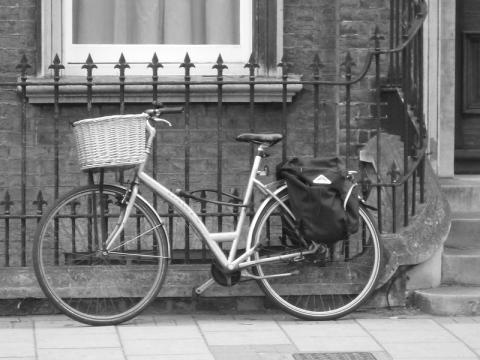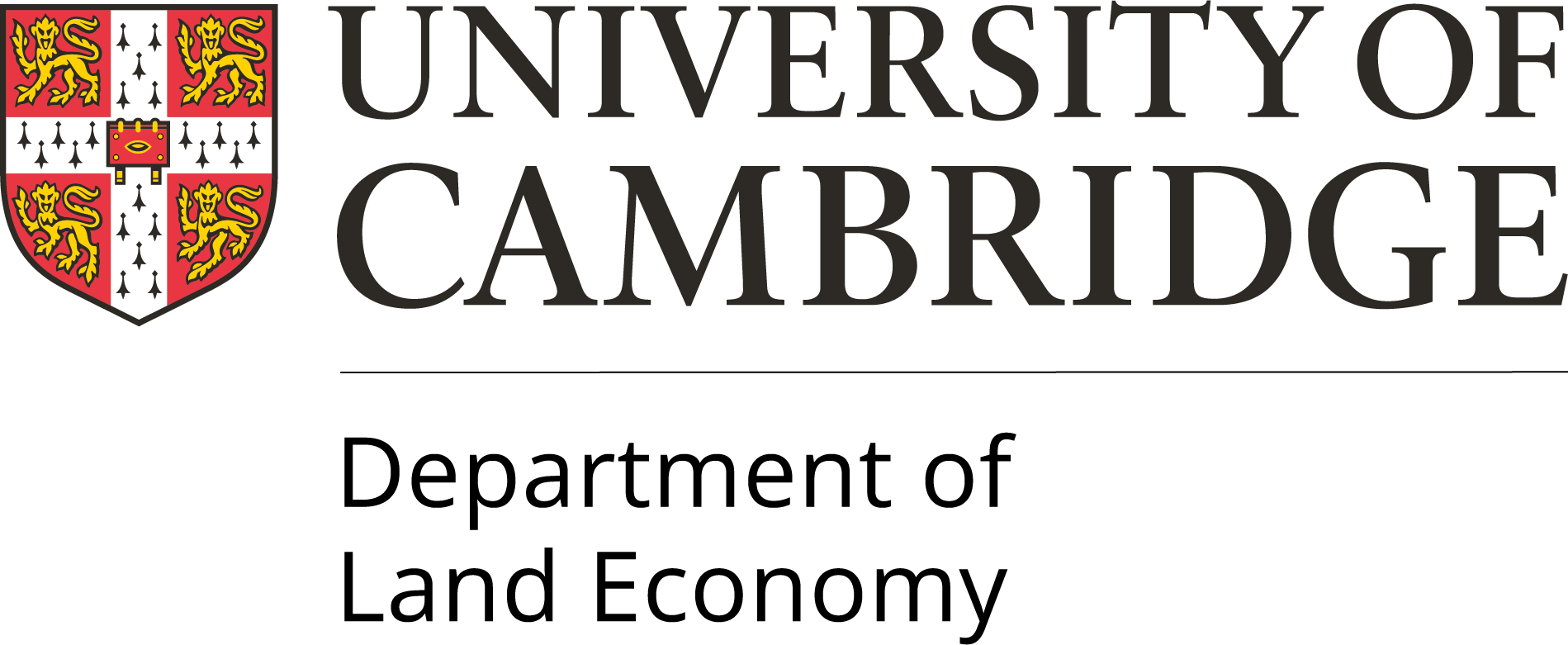Sustainable Travel

The University first launched its five-year travel and transport strategy in 2019 with the aim of collaborating with local transport providers and local government to improve public and other transport options for staff and students, including a comprehensive cycling infrastructure and facilities, working towards 100% electrification of the University’s vehicle fleet by 2030, and electrification of the Universal bus service from 2021. A review of car parking sites and permits was also planned and is currently in progress.
In March 2022, the University's new Guidelines for Sustainable Business Travel were published and are the basis for our own Land Economy Sustainable Travel Policy.
In summary, the guidelines recommend that:
- Staff and students attend meetings and conferences virtually
- Staff and students consider whether their travel is essential (guidance on defining this is provided)
- Staff and students prioritise modes of travel that have the lowest carbon impact, and provide a hierarchy of preferred travel modes
- Flights to UK destinations and to European destinations that can be reached by train within six hours from London terminals are discouraged
- Where it is necessary to travel by plane, staff and students are strongly encouraged to offset the carbon emissions in accordance with the University’s offsetting policy.
More guidance details can be found on the University's Sustainable Business Travel webpage.
Here in Land Economy, we had already started looking at the possibility of reducing our carbon emissions through implementation of a departmental travel policy, and you may remember we started with a couple of questions about travel in our Excellence Project Survey last year. Unfortunately, the Excellence Project has been shelved for now, but the data is still insightful. For example (although the sample of responses was disappointingly low) it was clear that as a department we do not make a significantly high number of flights, and if we do, they are legitimately for overseas conference attendance and course/research related field trips.
Going forward all staff and students are encouraged to consider prioritising use of sustainable travel where possible. For example, when booking business travel (e.g. to attend a conference) academic staff are encouraged to select the 'Greenest' option when booking tickets via the University's preferred travel service provider Key Travel. There is also the option to choose carbon neutral hotel accommodation.
And when planning your trip wherever to, please use the University’s new route planner called RouteZero which “aims to help staff at the University find a low-carbon journey, helping to address one of our largest sources of emissions: travel.”
To use it, simply open the tool, type in where you are travelling to (adding any preferences and rail cards (if you have them)) and click "Search". The tool provides transparency into journey planning showing cost (where available), duration, and crucially carbon intensity. It also includes data from the new, all-electric Universal buses.
We also encourage all staff and students to complete the University's annual travel survey in the Michaelmas Term.
In the department we are lucky because our building is centrally located with good travel links by bus, bike and on foot. Lack of car parking encourages staff to travel more sustainably by default, and secure bike sheds provide ample storage space. A bicycle repair kit and tools are available to all staff to fix broken bikes, and details of the University's regular Bike Maintenance workshops are circulated and can also be found HERE
We are also on the Universal bus route with stops in both directions outside the Queens' College entrance.
CLICK HERE for the full Universal bus service timetable
The U1 service will serve Girton and Newnham, and will extend to CBC via the Busway, whereas the U2 will serve CBC via Hills Road. Both U1 and U2 will serve the core Universal route that includes Eddington, West Cambridge, Silver Street, Trumpington Road and the railway station.
Users are encouraged to use the new Whippet app which enables buses to be tracked on the network, and it provides the opportunity to purchase tickets in advance. Staff and students can travel for £1 per trip on production of their ID card, or for £2.50 unlimited for 24 hours by buying ‘the Purple Ticket’.
For the latest travel information go to the Sustainability Team's dedicated webpages: Travel
LE Sustainability Champion & Green Impact Coordinator 25/03/24
